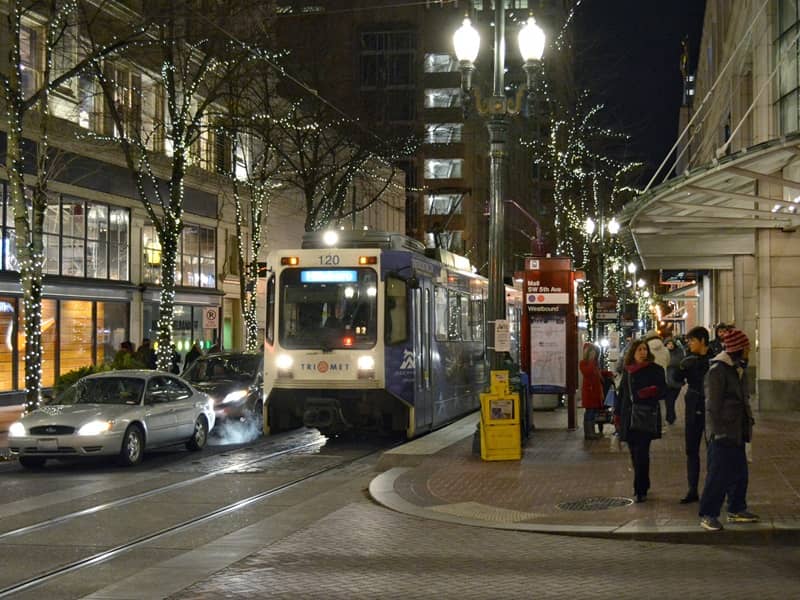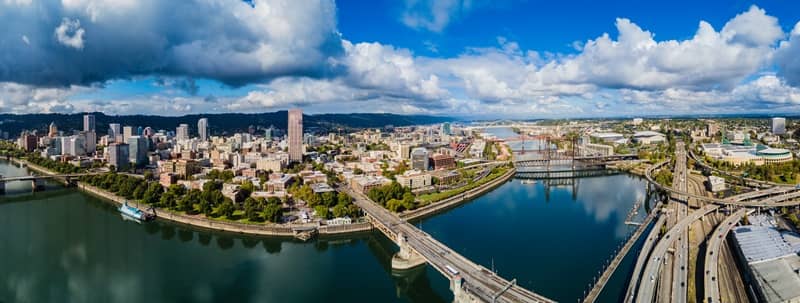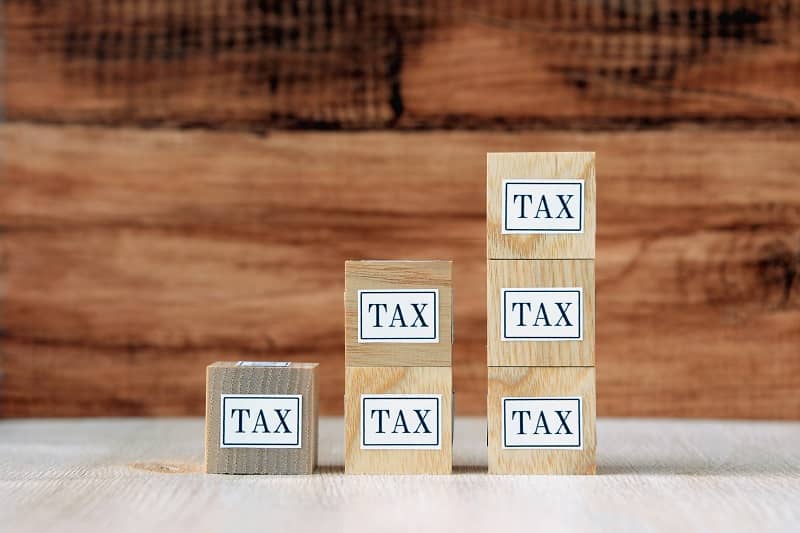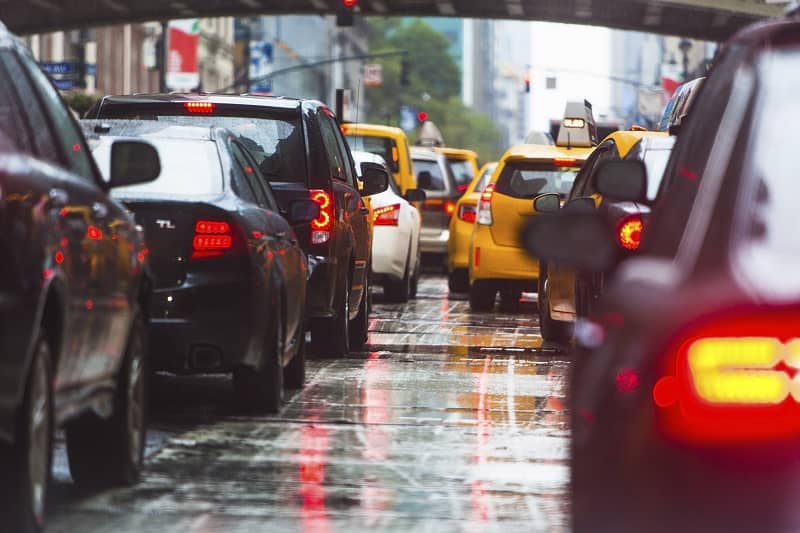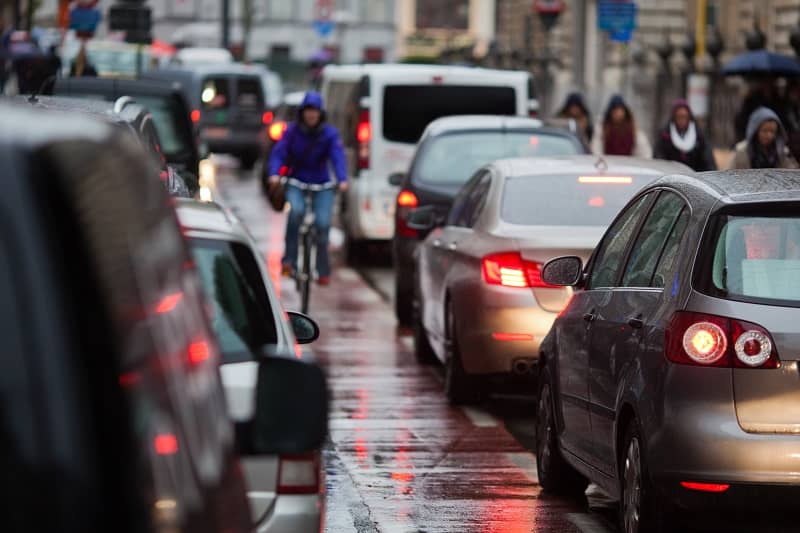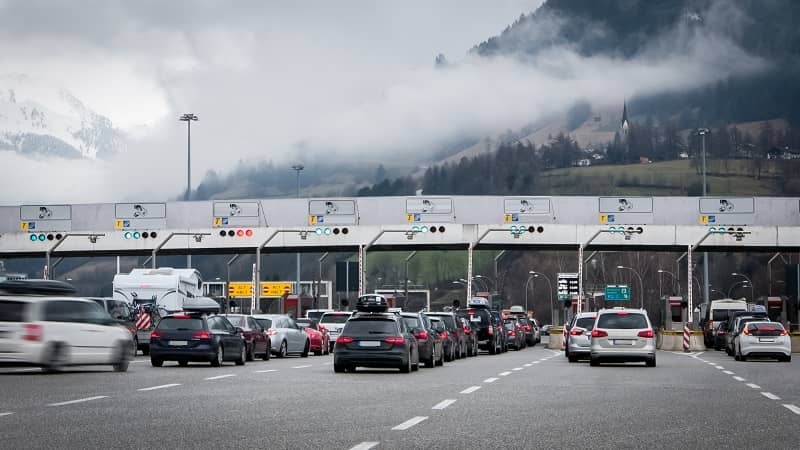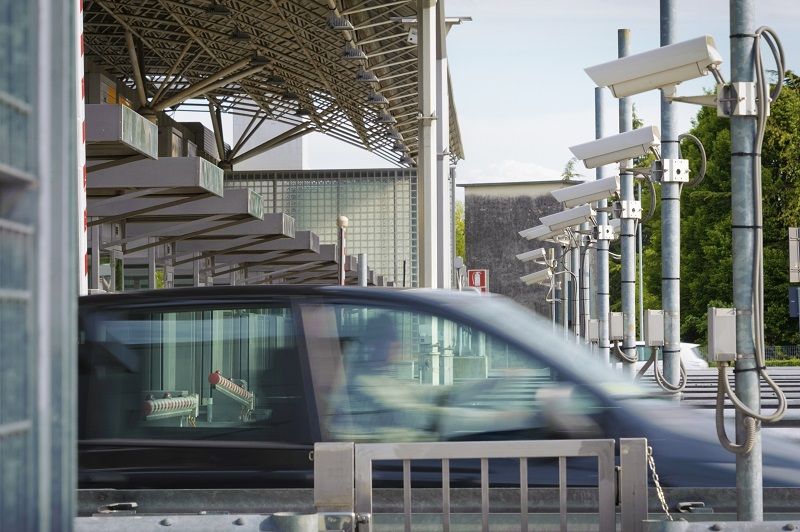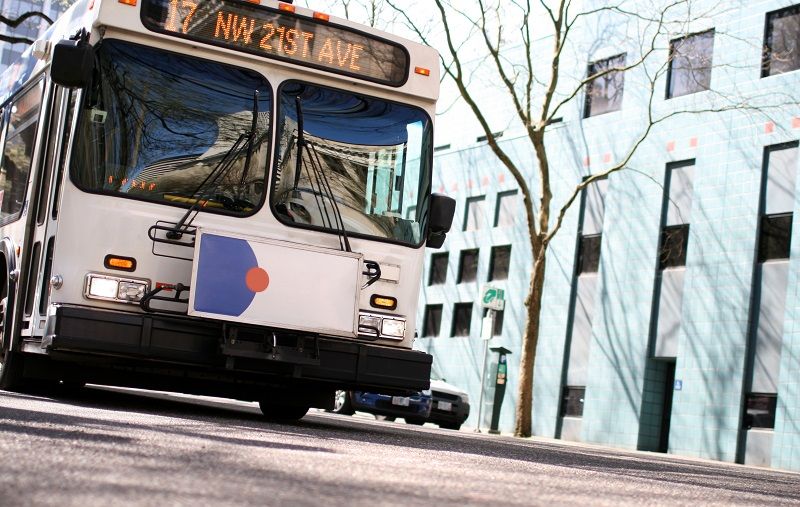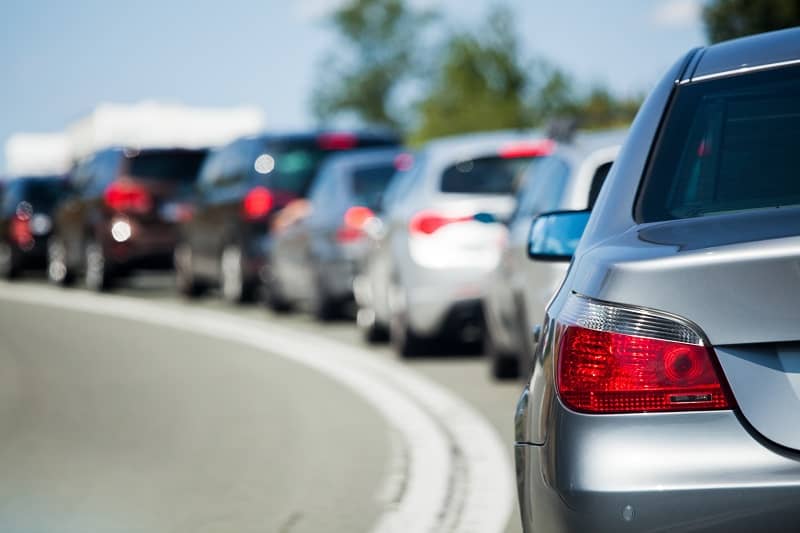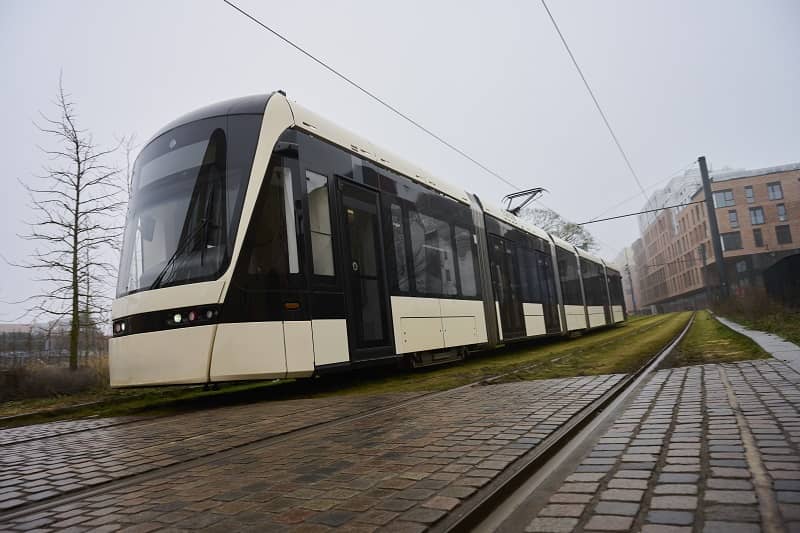In the 1967 film The Graduate, Dustin Hoffman plays a nerdy twenty-something who suffers through an unwanted college graduation party hosted by his parents. As he makes the rounds, a middle-aged business man offers a memorable bit of career advice: “I just have one word for you: plastics.”
In the context of today’s forum on the future of the Highway Trust Fund, I also offer one word of advice: Uber.
Most of you probably know that the ride-sharing company Uber relies on the use of a smartphone app to connect potential customers with nearby drivers who use their own vehicles to provide door-to-door transit service. The $17 billion company has become so successful that in late June thousands of taxi drivers around the world went on strike to protest this private, unsubsidized challenge to their monopoly franchises.
The Oregonian reported recently that Uber had launched in Vancouver, WA, but faces one major barrier: The company’s service is outlawed in Portland. In fact, Portland is the only major city on the entire west coast that does not allow Uber.
This issue is symbolic of everything that’s wrong with transportation policy. Municipal taxi regulation is as anachronistic as the price and route control which used to be imposed by the Civil Aeronautics Board (CAB); and the Congressional decision to euthanize the CAB in 1978 enabled the market-based airline revolution that changed flying from a boutique experience for the wealthy to a mass consumption option for the middle class.
Transportation insiders are now obsessed by the consistent failure of Congress to come up with a new funding stream for surface transportation programs, but the success of Uber suggests that we’re looking in the wrong places for money. There is a vast amount of investment capital circling the globe, looking for a profitable place to land. That capital can be deployed to the benefit of motorists and transit users if we create real markets in transportation.
Apparently, most people in this room have a different perspective; they agree with Congressman Blumenauer that the primary solution is to raise the 18.4 cents/gallon federal gas tax. But if we step back and think about the nature of the problem, there is no reason to have the federal government involved at all. The beneficiaries of every transportation investment are the users, who can pay the full cost through user fees or local taxes. All users are local.
Collecting taxes from Ames, Iowa and Camden, New Jersey to finance a road culvert project in Beaverton, OR is a convoluted and wasteful way to pay for service. The only reason we cling to it is because it benefits the politicians and bureaucrats whose power base is tied to the laundering of gas tax money through Washington, D.C. The legislative ability to pork-barrel from one state to another removes all fiscal discipline, and virtually guarantees that vast amounts of money will be wasted on useless toys such as “high-speed rail.”
I was asked to defend the concept of “devolution” today, and I’m happy to do so. There are federal agencies that should follow the Civil Aeronautics Board into the bureaucratic burial grounds, including the Federal Highway Administration and the Federal Transit Administration. Neither adds much value, and both distract us from better solutions.
However, devolution would only be a small step forward because state and local politicians love to pork-barrel tax money just as much as federal officials do, and they’re very good at it. For instance, in 2013, the Portland Auditor released a report entitled: “Transportation funding: revenue up, street maintenance down.” That’s all you need to know about the contrived road maintenance crisis in Portland.
The Metro Auditor has published at least 5 reports since 2008 chastising Metro for wasteful transportation spending. The Metro Council has completely ignored these reports.
TriMet has been awash in taxpayer cash over the last decade, yet service has dropped. Between 2004 and 2013, total annual operations revenue at TriMet went up 62%, while annual vehicle miles of transit service went down by 14%.
Given that pork-barreling is endemic to government spending, the transportation finance “solution” requires a massive dose of Uber, whereby capital is raised from private investors, innovative services are marketed entirely on the basis of consumer preference, and the profit motive imposes fiscal discipline on spending.
What is preventing this from happening in transportation is the mindset of government officials. They want to control the flow of investment dollars, pick all the projects, set all the prices, and determine how and where people travel.
In other words, they insist that we regulate surface transportation in the same failed way that the CAB used to set prices and routes for commercial airlines.
The Uberization of the transportation economy would involve at least the following elements:
- Allowing/encouraging bridges and limited access highways to be converted to tollways, with variable pricing in those urban areas where peak-hour traffic congestion is a problem. The gas tax at any level cannot solve urban congestion because traffic varies by day of the week, time of day, location, and direction of travel. Therefore, the appropriate user fee must vary in real time as well in order to modify behavior appropriately.
- Restricting the use of all highway toll revenues to maintenance and expansion of those tollways. Motorists cannot be used as ATMs for non-road boondoggles.
- Allowing/encouraging private companies to build new highways and bridges with private equity, financed through electronic tolls, without excessive regulation. The latter point is highly relevant as we consider the possibility of a third bridge over the Columbia River that might be built by a private company and financed entirely with tolls. If that company approached Metro next week seeking help with the environmental permits, everyone in this room knows what the response would be: drop dead.
We need a major attitude adjustment among regulators, not just more money.
- Deregulating the entire transportation market to allow/encourage competition to TriMet, the streetcar, the taxi cartel, PDOT, and ODOT.
- Devolving all decisions away from the federal government, and converting the existing 18.4 cents/gallon federal gas tax to an add-on state tax (which would bring the state tax rate to 48.4 cents/mile).
- Creating real markets in transportation infrastructure and returning consumer sovereignty, whereby consumers get all the transportation choices they want – as long as they are willing to pay for them.
The decades-old arguments about the federal gas tax versus some other funding mechanism is stale. You can choose to stay in that endless legislative loop, or you can get out of it and look for something else. The success of private companies such as Uber, Lyft, Bolt Bus, and the large consortiums building new tollroads all around the world indicates that there is plenty of money available for the construction, reconstruction, and maintenance of surface transportation facilities under the right conditions. The job of elected officials is to create those conditions and then get out of the way.
I predict that within two years, Uber will be legal in Portland, and the local taxi cartel will have morphed into something much more market-driven. We should applaud this change, and look for other opportunities to connect consumers with service providers through the dynamic market process.
A version of this essay was presented at a Portland town forum sponsored by Rep. Earl Blumenauer on August 4, 2014.
